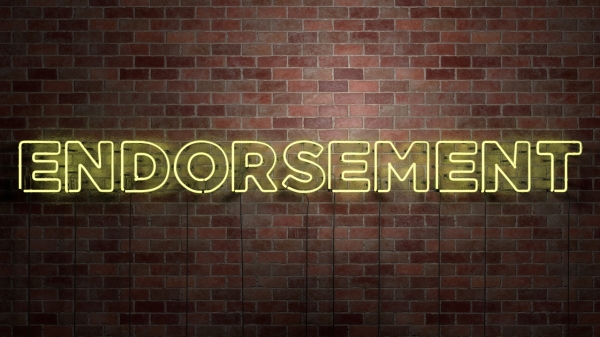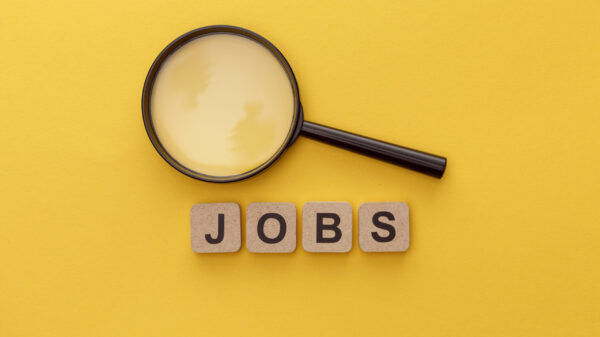By Brandon Moseley
Alabama Political Reporter
Obama’s reelection was celebrated by many; but to small business owners it means that Obamacare is likely to be implemented, the growing federal regulatory burden will continue to increase, unions will likely be emboldened, tax rates will likely increase, higher death taxes will prevent many small businesses from being passed to the next generation, and the fiscal cliff crisis will likely plunge the economy into another recession. All of these fears contributed to one of the lowest small business confidence numbers in the history of the National Federation of Independent Business (NFIB) survey.
The state director of NFIB/Alabama, Rosemary Elebash, said, “What’s obvious is that nearly half of small-business owners believe things are going to get worse over the next 12 months, not better. They don’t believe Washington is focused on what’s best for small business.” NFIB/Alabama is the state’s largest association of small business owners.
NFIB’s chief economist, Bill Dunkelberg, said, “Between the looming ‘fiscal cliff,’ the promise of higher health-care costs and the endless onslaught of new regulations, owners have found themselves in a state of pessimism. We are forced to ask: Is this the new normal?” The NFIB’s Small Business Optimism Index plummeted 5.6 points to a very pessimistic 87.5.
Fear resulting from President Obama’s reelection was the biggest contributor to the overall state of pessimism; but many businesses in the North East also had to deal with the very devastation of Hurricane Sandy. The NFIB separated out the data from hurricane-impacted states; but the data is clear that the election was the primary cause of the negative responses. There was no significant difference between the responses of small business owners in Hurricane Sandy impacted states and business owners in non-Hurricane impacted states. The biggest differences being that fewer businesses in Hurricane Sandy impacted areas plan to hire additional workers and understandably more expect to make substantial capital outlays in the next few months.
In October, 23% of business owners reported that they believed that future business conditions would be worse in the next six months. In November, 49% of American small business owners reported that they expect the next six months to be worse for business. Only 9% of Small business owners reported that they expect better business conditions over the next six months.
The NFIB has been measuring small business confidence monthly since 1986 and the November number is the eighth most negative monthly index in that time. Those other negative numbers were reported during late 2008 and early 2009 when the country was in recession. Prior to 1986 the index was reported on a quarterly basis and only twice did the optimism index get this low: the second quarter of 1980 and the first quarter of 1975. Only six percent of business owners reported that now was a good time to expand business facilities versus. 23% reported poor sales as their number one business problem. Four million fewer Americans have jobs than in the first quarter of 2008, even though President Obama has added 101 new federal worker jobs a day since being inaugurated in 2009.
The NFIB report is based on the responses of 733 randomly sampled small businesses in NFIB’s membership, surveyed throughout the month of November. The National Federation of Independent Business is the nation’s leading small-business association. It is a nonprofit, nonpartisan organization that was founded in 1943. NFIB represents the consensus views of its members in Washington, D.C. and in all 50 state capitals



















































